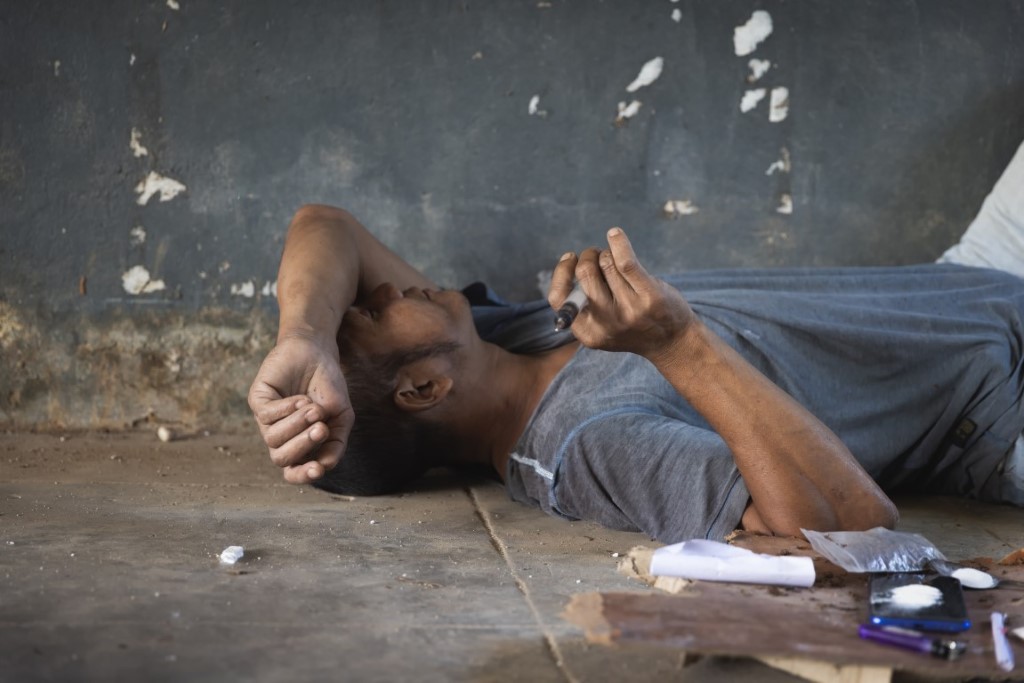
Substance Abuse in Refugee Populations
You may think that substance abuse is a crisis that only affects certain communities, but it’s a pressing issue among refugee populations as well, a demographic often overlooked in the public discourse. With ongoing crises in various countries and regions, South Africa has seen an influx of refugees seeking a better life or simply fleeing perilous conditions. What’s not commonly known is that many of these refugees bring with them unseen scars—among them, issues with substance abuse that often go untreated due to cultural stigma or a lack of resources.
Why is substance abuse so rampant among refugee populations? The answer lies in the enormous stress and trauma they experience. For you and your family to understand, imagine fleeing your homeland, sometimes overnight, with the trauma of war or persecution haunting you. Substances like alcohol or drugs can offer a temporary escape from that relentless stress and mental anguish. In South Africa, where substance abuse treatment facilities are already stretched thin, the capacity to treat refugees is even more strained, leaving many without help.
The complexities of treating substance abuse in refugee populations go beyond just availability of services. There are cultural and linguistic barriers, as well. You might find it difficult enough to seek help; now imagine navigating an unfamiliar healthcare system in a language you barely understand. Medical practitioners also face challenges in offering culturally sensitive treatment options that respect diverse backgrounds.
Your role in helping alleviate this problem can range from being more informed about the challenges refugees face to advocating for more inclusive healthcare policies. Social workers, policy makers, and medical professionals all need to collaborate to create an environment where refugees can access the addiction treatment they so desperately need. Ignoring this issue not only perpetuates the suffering of refugees but also poses broader public health risks. In the words of humanitarian Albert Schweitzer, “The purpose of human life is to serve, and to show compassion and the will to help others.” Substance abuse among refugees is a hidden crisis, but it’s one that you and your society cannot afford to ignore.

Navigating the path from fear to hope in the context of addiction and mental health…

As someone in recovery, you may have heard about different therapeutic approaches that can aid…

It’s a question that’s increasingly relevant, especially as South Africa grapples with high rates of…
Frequently Asked Questions
- Why is substance abuse more common among refugees?
You might wonder why refugees are more susceptible to substance abuse. The answer largely boils down to the traumatic experiences and extreme stress they often endure when fleeing their homeland. Substances offer a temporary escape, albeit a dangerous one, from relentless mental and emotional suffering. - What barriers do refugees face when seeking substance abuse treatment?
If you’re thinking of the barriers that refugees face in treatment, know that they’re numerous and complex. These can range from language and cultural barriers to financial constraints. The healthcare system can be difficult enough for locals to navigate; for someone unfamiliar with the language or culture, it’s even more daunting. - How is South Africa equipped to handle this crisis?
You may be curious about South Africa’s capacity to address this issue. The truth is that the country’s healthcare system is already stretched thin in treating locals for substance abuse. When it comes to refugees, the capacity is even more strained. Thus, existing facilities and services are often inadequate to meet the needs of this vulnerable population. - What role can individuals play in addressing this crisis?
Your role in this issue is more significant than you might think. Beyond being informed, you can be an advocate. Whether it’s lobbying for more inclusive healthcare policies or volunteering at organizations that assist refugees, your contributions matter. Remember, change often starts at the grassroots level, fueled by individuals who care. - Are there specialized facilities for treating refugees?
If you’re searching for specialized treatment centers for refugees, you’ll likely find that such facilities are rare. That’s why there is a need for existing healthcare systems to adapt and offer more culturally sensitive and inclusive treatments. However, there are NGOs and community programs that aim to fill the gap, although they often operate with limited resources.
What we as a Society can do
- Local Support Groups:
While formalized addiction treatment may be less accessible for refugees, community-based support groups are an excellent starting point. In South Africa, organizations like the South African National Council on Alcoholism and Drug Dependence (SANCA) often facilitate these types of support networks, providing a safe space for people to share their experiences and coping strategies. - Telehealth Services:
If you’re constrained by location, consider taking advantage of telehealth platforms that can provide substance abuse counseling over the phone or via video chat. These services can be vital for those in remote areas or who face language barriers, as interpreters can sometimes be included in these sessions. - Legal Aid for Refugees:
Understanding the legal rights of refugees in relation to healthcare can be a tool in itself. Organizations like Lawyers for Human Rights in South Africa can guide refugees through the complexities of the health system, ensuring you or your loved ones understand your entitlements when it comes to addiction treatment. - Multilingual Information Resources:
Accurate, reliable information is crucial when you’re dealing with substance abuse. Look for brochures, websites, and other educational resources available in multiple languages. Organizations like the United Nations High Commissioner for Refugees (UNHCR) often provide multilingual literature on substance abuse and available treatment options in South Africa. - Community Outreach Programs:
Often, local communities, churches, or mosques initiate outreach programs aimed at helping refugees. Your involvement in these programs can give you access to valuable resources like free screening for substance abuse, basic healthcare services, and emotional support from people who understand your unique challenges.
Remember, every tool and resource you use brings you one step closer to effectively managing substance abuse, whether for yourself or someone you care about.
The issue of substance abuse in refugee populations is a hidden crisis that calls for immediate and specialized attention. In the South African context, where refugee populations often intersect with various other socio-economic challenges, addressing this issue becomes even more critical. The article provided insight into the unique struggles refugees face, including cultural stigmas and lack of access to healthcare. Tools like culturally competent treatment programs, community-based outreach, and accessible information were discussed to help you understand the avenues for action.
In wrapping up this exploration, let’s turn to the words of humanitarian Albert Schweitzer: “The purpose of human life is to serve, and to show compassion and the will to help others.” These issues may seem insurmountable, but they are not unchangeable. And the first step in making that change is recognizing the urgency and complexity of the situation. It’s time to extend our compassion and resources to include refugee populations in our fight against substance abuse.

Even if Generation Z appears to be the forefront of a more sober future, South…

Navigating the path from fear to hope in the context of addiction and mental health…

Alcohol and drug abuse costs the South African economy billions annually, with up to 20%…